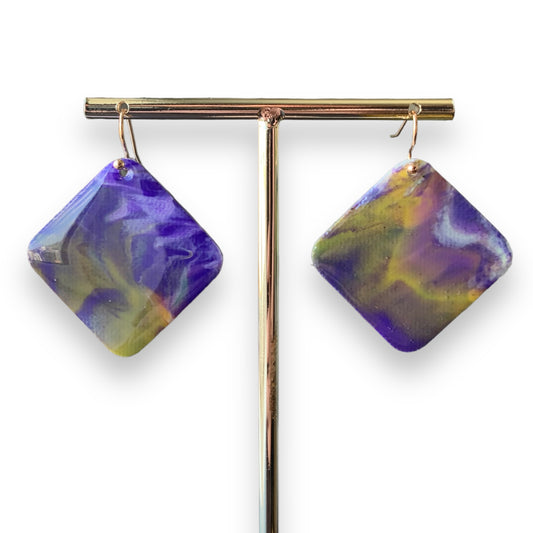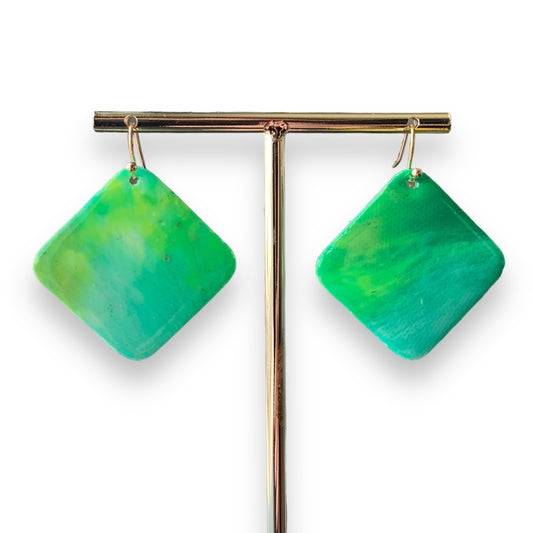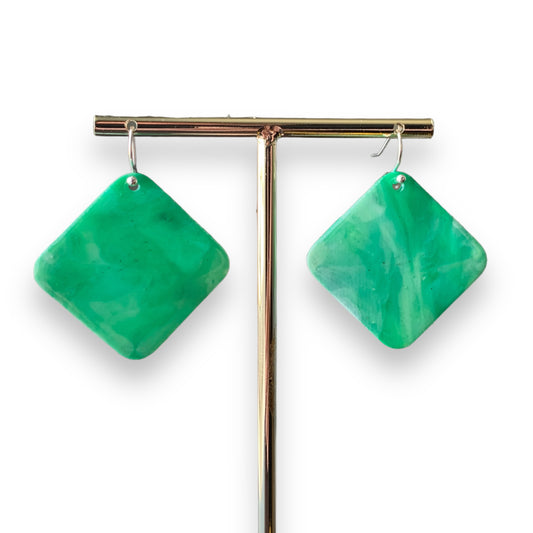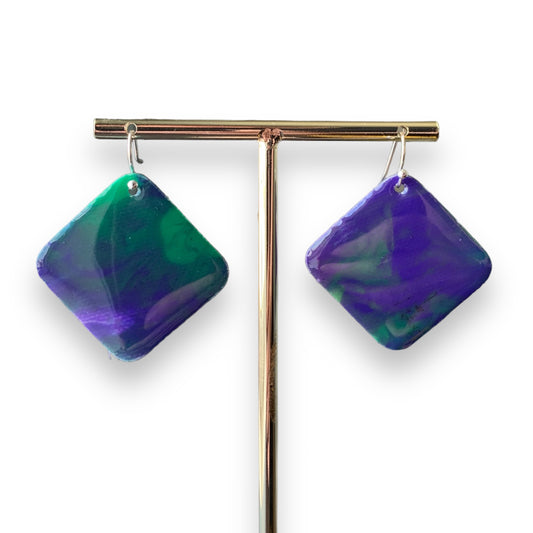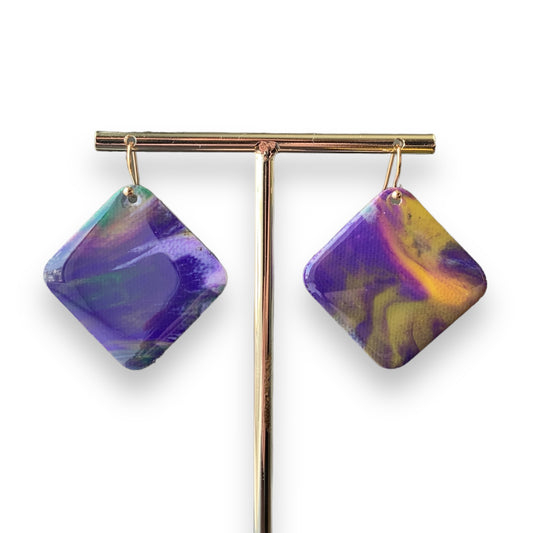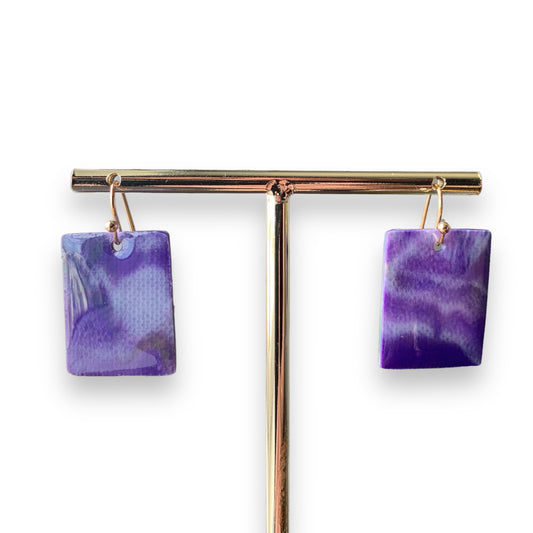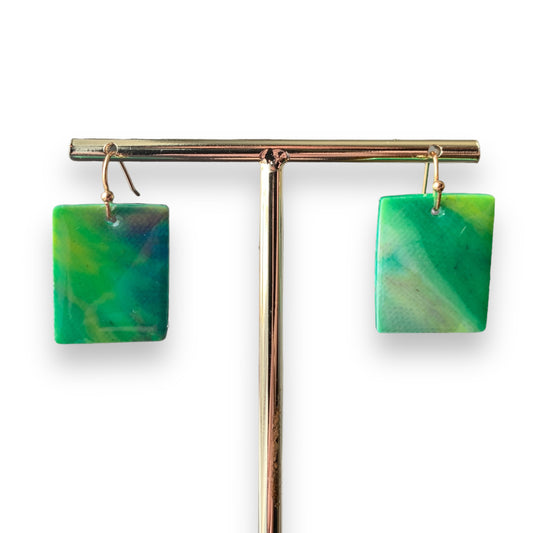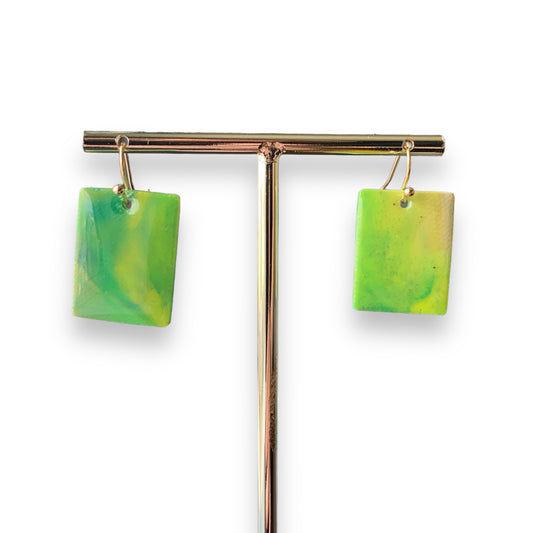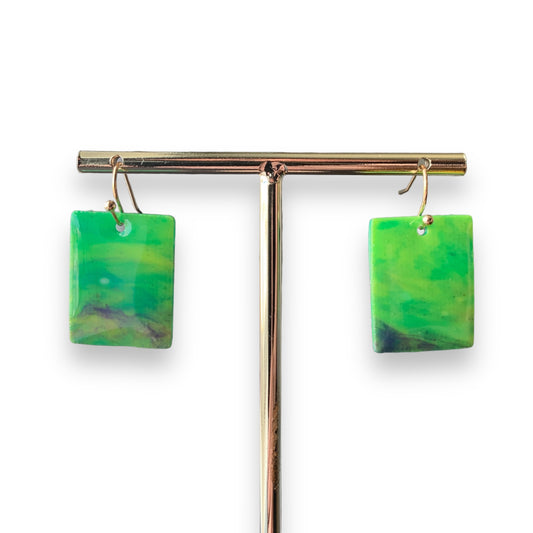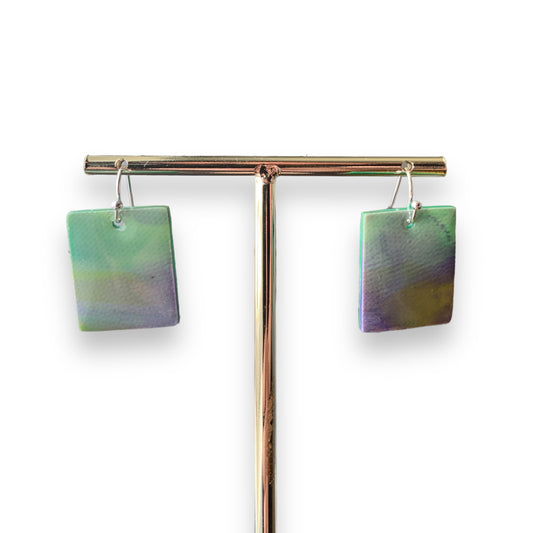
8 Ways to Incorporate a Zero-Waste Lifestyle During This Christmas
Share

Generally, just before the Christmas rush we spend more money, buy more gifts and eat lavish treats. Christmas is for indulgence and why not? This year especially there is a lot to be thankful for but equally, we’ve had to change our lifestyle which has been extremely draining on us all. Therefore, Christmas feels like an opportunity to treat ourselves and our loved ones.
The only question is can you still have a great Christmas and continue to be sustainable?
Every year, the amount of Christmas waste produced in the UK increases by a shocking 30%. This means every year we grow victims to consumerism and the attitude that Christmas is Christmas, therefore sustainability isn’t top of the priority list.
The challenge is this Christmas waste simply adds to the heaps of waste going to landfill every year! Did you know according to the National Geographic 91% of plastic isn’t recyclable which has resulted in over 8.3 billion metric tons of plastic in landfills across the globe? Although, historically Christmas is a time to spoil ourselves sustainability still needs to be within our mind-set. Ultimately we all can still have a great Christmas and be sustainable. Sustainability is not just buying recyclable products, it’s a way of life. So when it comes to special events like birthdays, New Years and Christmas we are ready to indulge but the sustainable way and here’s how:
8 Simple Steps to be more Sustainable at Christmas Time
So hold on to your tinsel, we’re going to explore some easy tips to be more sustainable in one of the most eventful times of the year.
1. Plan your Christmas Dinners and Store it
At Christmas time we throw out approximately two million turkeys, 74 million mince pies and 17.2 million Brussel sprouts. Although not everyone loves Brussel sprouts there needs to be a better way to avoid Christmas waste? Ideally, food should be thrown away in a compost bin, yet not everyone has one, therefore planning and storing is the best alternative.
The next time you build your shopping list ask the family what they like. Simply the question ‘who doesn’t like Brussel Sprouts or mince pies?’ This not only avoids waste but saves the pennies too!
In addition, when you’re done with your Christmas dinner and you know you may not want it tomorrow, store it with non-plastic food wraps or containers and freeze it. Frozen food can be eaten within a month.
 2. Purchase Recycled Christmas Wrapping Paper or Reuse your Wrapping
2. Purchase Recycled Christmas Wrapping Paper or Reuse your Wrapping
Every year we throw away a shocking 227,000 miles of Christmas wrapping paper! The impact on the plant is immense… the challenge is too many trees are cut down to produce Christmas wrapping paper as well as the energy used to dye, cut and trim. Although some of us may actually recycle it, some wrapping can’t be recycled. So, next time you pick up wrapping check whether you can recycle it if unsure simply Google recycled Christmas wrapping paper.
Alternatively, if you take a moment to carefully unwrap your Christmas wrapping this year you could save it for next year. But, if you really want to get crafty this year design your own wrapping, you can even use materials you have in your home; you’ll be surprised what you can make!
3. Wrap up and Hot Water Bottle

Generally, Christmas time is much colder, so we get excited to snuggle up in front of the telly and whack on the heating, yet this creates unnecessary energy. It’s worth adding a few more layers and putting on the kettle for a cup of tea and hot water-bottle. This is one way to save your money but to reduce energy.
4. Remember Your Reusable Bag
Although Christmas looks different this year many of us will still head to our local shops to get our food. A simple but impactful tip is to remember your reusable bags. Put them in the car, in your bag or just by your front door, this helps reduce the amount of sing-use plastic bags produced by the supermarkets.
 5. Buy Sustainable or Second-Hand Gifts
5. Buy Sustainable or Second-Hand Gifts
One way to actively be sustainable is to promoting sustainability. Don’t worry this doesn’t mean adding a note to all gifts but subtly offering sustainable gifts. Check out your local charity shop to review unwanted gifts this prolongs products going to landfill or buy jewellery/ accessories that are hand-made with recycled/ recyclable materials, additionally only purchase recycled Christmas cards.
6. Buy a Real Christmas Tree
We actually throw out over six million Christmas trees every year. Almost 90% of those trees are synthetic. There is a big argument whether buying real trees is just as bad as purchasing synthetic mainly because of the impact on the environment. Although synthetic trees last years, when your relative comes along with an idea to change the size or style of the tree ends up in the bin! Local Christmas tree companies grow trees for Christmas and replenish them ready for the following years which is great practice. Buying real Christmas trees support local business and when you’re finished the tree will quickly compose, unlike synthetic trees that take over 1000 years. So why not try a real tree this year?
7. Buy Second-hand Winter Clothes
Although Christmas is a time to buy for others, many of us still want to splurge out on ourselves. For example, we may want to purchase a fabulous new coat or jumper. Next time instead of buying from the retailers, look for what you want on websites like ThredUp and eBay this is one of the best ways to prevent clothes from going to landfill.

8. Make Your Own Decorations and Christmas Presents
This is your chance to get creative! Many of us feel the pressure to buy numerous gifts and decorate our homes. Sustainability is a great way to save our money while having fun building your Christmas. There are great ways to be more sustainable at Christmas, why not create your presents? For example, create some delicious jams for your loved ones, design your Christmas cards, create decorations with packaging or natural elements like tree bark or holly. Now is your chance to get crafty and sustainable!
So there you have it, 8 simple ways to being sustainable this Christmas.
Overall Christmas is going to be different this year, so it’s tempting to indulge after an impactful year. However, we can still enjoy ourselves while being one step closer to sustainability. If we want a better future, we need to become much more conscious of our impact on the planet. Together our choices and actions can help create a happier world.

